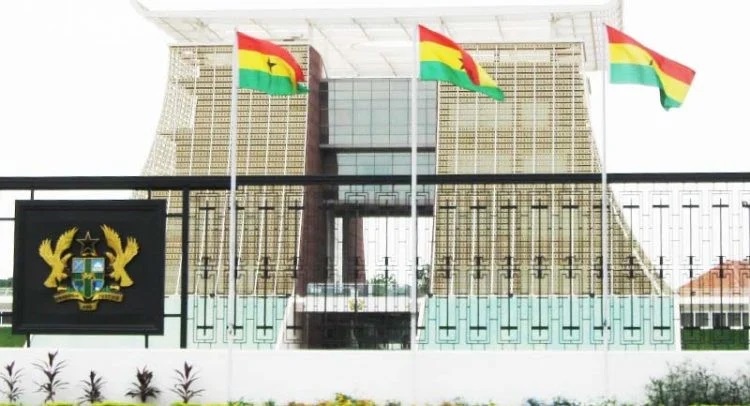The Global Citizen Festival, renowned for its star-studded lineups and powerful advocacy for social change, has set its sights on Ghana as the next host country. However, the festival’s demand for $4 million in financial support from the Ghanaian government is set to ignite a fierce debate within the nation. The Ministry of Finance, acutely aware of Ghana’s current economic challenges, has expressed significant hesitation in agreeing to the hefty sum. Officials from the ministry have urged the presidency to resist the pressure from Global Citizen, emphasizing the need to prioritize the country’s more immediate fiscal responsibilities.
“We recognize the potential benefits of hosting such a prestigious event,” said a senior official at the Ministry of Finance. “However, our financial situation requires us to be extremely judicious with our expenditures. Allocating $4 million to a festival, no matter how globally significant, could detract from essential services such as healthcare, education, and infrastructure.” Global Citizen representatives have argued that the festival would bring substantial economic benefits to Ghana.
“The influx of international visitors, the boost to local businesses, and the extensive media coverage would provide unparalleled exposure and long-term economic gains,” Hayes asserted during a recent meeting with government officials. Despite these arguments, the government remains cautious. The potential economic benefits are weighed against the immediate financial burden and the risk of public backlash. In a country where many struggle with daily economic hardships, the expenditure on a festival may be seen as a misallocation of resources. Public opinion is divided. Some citizens, inspired by the prospect of international recognition and potential tourism revenue, support the idea.
“Hosting the Global Citizen Festival could showcase Ghana to the world,” said a local business owner. “It’s an opportunity to attract future investments and tourists.” Conversely, others believe the government’s reluctance is justified. “We need to focus on our immediate needs,” a schoolteacher in Accra. “Spending millions on a festival while we face pressing issues at home is irresponsible.” The debate highlights a broader struggle within Ghana, a country poised between ambition and pragmatism.
The desire for global recognition and development must be balanced against the necessity of addressing domestic challenges. In the coming weeks, the government’s decision will undoubtedly be scrutinized, serving as a litmus test for Ghana’s fiscal policy and its vision for the future. The stakes are high, and the resolution of this issue will resonate far beyond the immediate financial implications, shaping the narrative of a nation at a pivotal crossroads.

